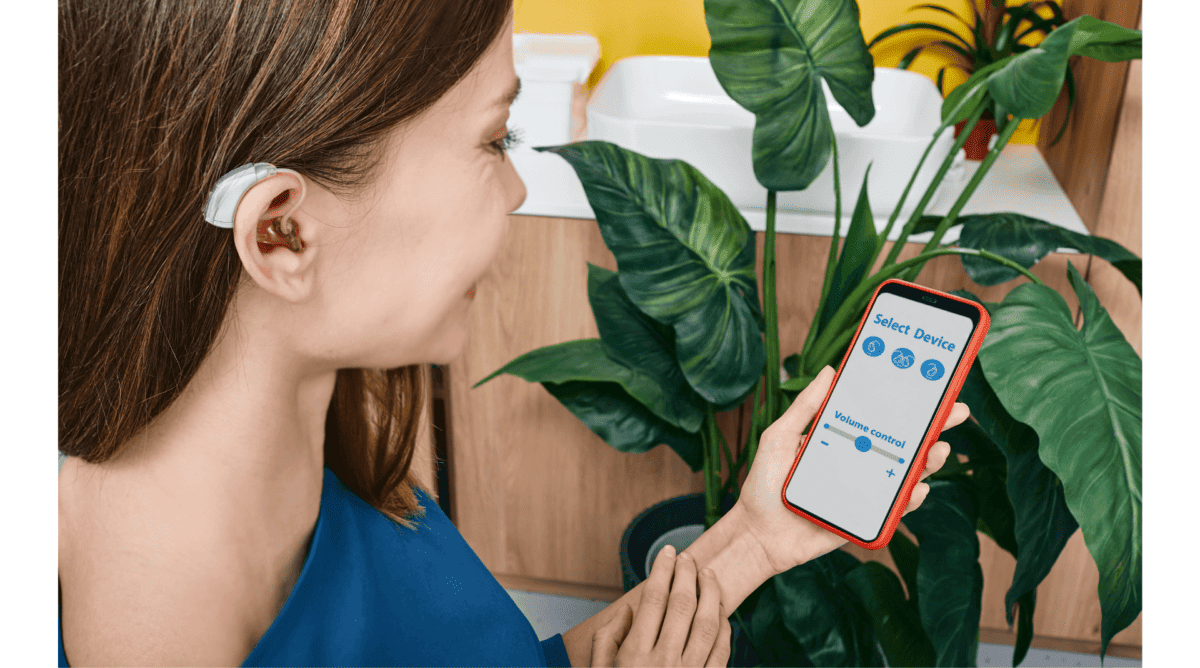- Volunteering for Hearing Health Causes - May 27, 2025
- Questions to Ask During Your Hearing Health Appointment - May 16, 2025
- Exploring Alternative Therapies for Hearing Loss - May 6, 2025
Do you have hearing loss? If you’ve noticed difficulty hearing in certain situations, it’s time to take a closer look at your hearing health. When it comes to managing hearing loss, there are a variety of strategies you can use to navigate the world of sound with confidence and resilience.
Coping with changes in hearing is a unique and evolving experience, and having a toolbox of effective strategies can help you maintain your hearing health and your overall quality of life. Let’s explore an array of coping strategies that address emotional well-being, communication challenges, technological support, lifestyle adjustments, and personal wellness.
Invest in Hearing Aids and Assistive Devices
One of the most important coping strategies for hearing loss is to wear hearing aids. These devices can be adjusted to match your exact hearing needs, helping you hear more of the sounds around you.
The transformative power of hearing aids and assistive devices cannot be overstated. These technologies amplify sounds, enhance communication, and contribute to an improved overall quality of life.
Utilize Smartphone Apps
Leverage the benefits of smartphone apps designed for individuals with hearing loss. From captioned phone apps to sound amplifiers, these tools complement existing strategies and facilitate smoother communication.
Seek Emotional Support
When it comes to hearing loss, it’s important to acknowledge and accept the emotional impact of hearing loss. Seeking support from friends, family, or support groups can provide a safe and understanding space to share experiences and navigate the complex emotions associated with this life-changing condition.
Professional Counseling
Beyond informal support networks, meeting with a mental health professional can give you tailored strategies for coping with the emotional aspects of hearing loss. A counselor or psychologist can guide you through emotional challenges, providing coping mechanisms and fostering resilience.
Build New Communication Strategies
Mastery of effective communication techniques is a cornerstone of living well with hearing loss. Learning to face the person you’re speaking to, employing visual cues, and minimizing background noise whenever possible are practical skills that significantly enhance interactions. You can also share these communication strategies with your loved ones and explore more ways they can help you participate in conversations.
Educate Others
Empower those in your social circles by educating them about hearing loss. Sharing information on effective communication strategies, such as speaking clearly, making sure there’s enough light, and minimizing distractions can create an understanding and supportive environment.
Advocate for Yourself
Be an advocate for your hearing needs in various settings. Whether in the workplace, social gatherings, or public spaces, communicate your needs and work collaboratively to create an environment that supports your hearing needs.
Lifestyle Adjustments
Make thoughtful adjustments to your home and work environment to minimize background noise. Simple additions like rugs or curtains can dampen the sound. Strategic placement of furniture can create optimal listening conditions and make it easier to participate in conversations.
Personal Wellness
Incorporating mindfulness and relaxation techniques into daily life can alleviate the stress associated with hearing loss. Practices like meditation, deep breathing, or yoga contribute to emotional well-being.
You can also pursue hobbies and activities that bring joy and fulfillment. Engaging in activities that don’t rely on hearing provides a well-rounded sense of accomplishment and adds a positive dimension to daily life.
Continuous Learning
Participate in workshops or classes focused on hearing loss. These environments offer valuable information, resources, and the chance to connect with others facing similar challenges. It’s also a good idea to keep abreast of advancements in hearing aid technology, communication strategies, and relevant research. Staying informed empowers you to make informed decisions about your hearing health, fostering a sense of control and agency.
A Comprehensive Approach to Hearing Loss
Coping with hearing loss is an ongoing and dynamic process that requires a versatile set of tools. By combining emotional support, effective communication techniques, technological advancements, lifestyle adjustments, and personal wellness practices, you can have a comprehensive approach to living with hearing loss.
If you’re ready to seek more support, visit us for a hearing test. Together we’ll learn more about your hearing needs, discuss your lifestyle, and discover which hearing aids are best suited to your life. We’ll also provide more coping strategies and suggestions for improved quality of life.

